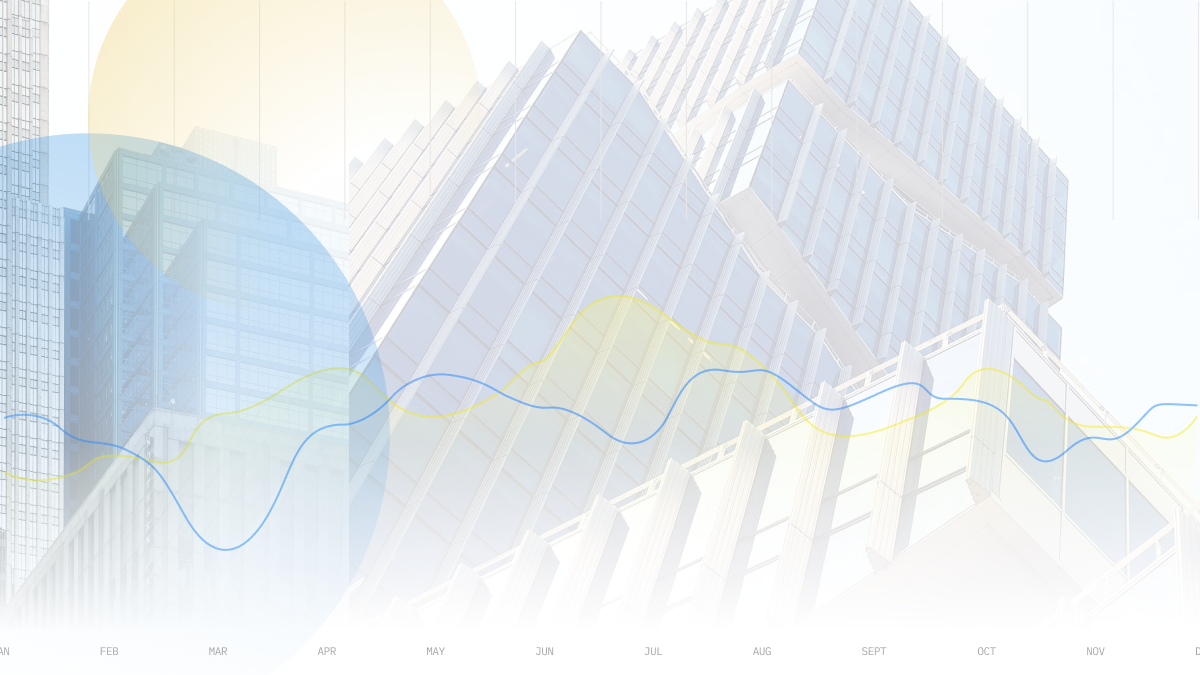




January Economic Update: Growth slows, prices rise
 DOWNLOAD
DOWNLOAD

Inflation Update: Up, up, and away?
 DOWNLOAD
DOWNLOAD

Quarterly Economic Growth Release: Growth takes on a slower pace
 DOWNLOAD
DOWNLOAD



EMERGING MARKETS-Philippine stocks lead losses as inflation hits 6-month high
BSP reiterates stance on monetary intervention
Thailand March CPI beats Reuters poll
Yield curve still remains inverted
By Tejaswi Marthi
April 5 (Reuters) – Philippine stocks fell on Tuesday after the country’s inflation rate exceeded market forecasts, hitting its highest level in six months, and the peso appreciated even as the central bank maintained that no policy intervention was needed for now.
Stocks in the Philippines .PSI gave up 0.7% and underperformed their emerging Asian peers, while the peso PHP= gained 0.4%.
The country’s consumer price index (CPI) rose 4% in March, exceeding the 3.7% median forecast in a Reuters poll. Still, Bangko Sentral ng Pilipinas (BSP) said that monetary policy intervention was not needed, and that the central bank remained cautious against possible second-round effects from supply-side pressures.
Inflation readings for March exceeded expectations as higher food prices exacerbated the effects of higher transportation and utilities costs, Barclays analysts said in a note. They said they expect the BSP’s first interest rate hike in the second half of fiscal 2022.
BSP governor Benjamin Diokno said the surge in global oil prices could make average inflation breach the upper end of the bank’s 2% to 4% target range this year, making it the second consecutive year of above-target inflation.
Barclays also raised Philippines’ fiscal 2022 inflation forecast to 4.1% from 3.7%, still lower than the BSP’s own 4.3% forecast.
Other stock markets in the region were mixed. Indonesian shares .JKSE rose 0.1% and Singapore stocks .STI advanced 0.3%, while the benchmark indices in Malaysia .KLSE and South Korea .KS11 fell slightly.
Most Asian currencies traded largely flat against the U.S. dollar.
Oil prices jumped in early trading as uncertainty over supply loomed after talk of imposing a fresh round of sanctions against Russia, while Iran nuclear talks stalled. O/R
The World Bank also cut its growth forecast for East Asia, especially Thailand, to reflect the impact of the invasion of Ukraine by Russia, which calls its actions a “special operation”. The bank now expects Thailand’s economy to grow 2.9% this year, down from a prediction of 3.9% in December.
Thailand’s headline CPI for March jumped 5.73%, beating forecasts, driven by higher prices of goods and energy, the commerce ministry said on Tuesday.
Meanwhile, yields on U.S Treasury notes were little changed but the 2-year/10-year curve still remained inverted, hinting at a possible recession on the horizon. US/
Yields on Singapore’s 10-year bond SG10YT=RR fell for a second straight day, by 2.3 basis points, to 2.311%, while Indonesia’s benchmark bond yields ID10YT=RR rose to 6.759%.
HIGHLIGHTS:
** World Bank expects 2022 growth of 5.0% in the developing East Asia and Pacific (EAP) region
** Industrial stocks JG Summit JGS.PS and SM Investment SM.PS, and Wilcon Depot WLCON.PS among .PSI top losers
** South Korea’s March inflation accelerates to 4.1%, most since Dec 2011 nP8N2UZ014
(Reporting by Tejaswi Marthi in Bengaluru; Editing by Kenneth Maxwell)
This article originally appeared on reuters.com





 By Reuters
By Reuters